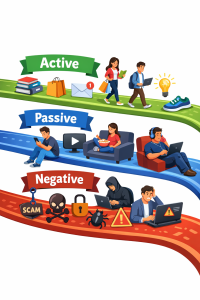I had a lovely catch up chat with an online friend today, someone I’ve known for around two and a half years and who I can open up with, mainly because he can read me incredibly well and so there is no way to hide! As always, he asked me about how things are on a personal level and often reminds me to “go out gardening”, his way of telling me that I am spending too much time in my tower…
This then led onto a conversation about my inability to ask for help, probably because I have lived alone for so long and also because quite honestly, I’ve been let down in the past a few times, particularly in business activities. I know people mean well and then life takes over, but it takes less than a minute to text someone to explain and if possible, offer to reschedule the meet up or contact referral. You don’t have to reply again until you are free.
Sadly it’s also not uncommon to find people who are challenged when they feel you are doing better than them, even if you are not even in the same line of business. They won’t promote you internally for a role or won’t pick you as their marketing contact in a new territory because they feel you will start to demonstrate a level of performance that exceeds their team.
Then there are those who will help, but based on conditions that you don’t want to acquiesce to…
I know I’m not the only one who finds it difficult to reach out when the chips are down; people often struggle to ask for help due to a variety of psychological, social, and cultural factors:



